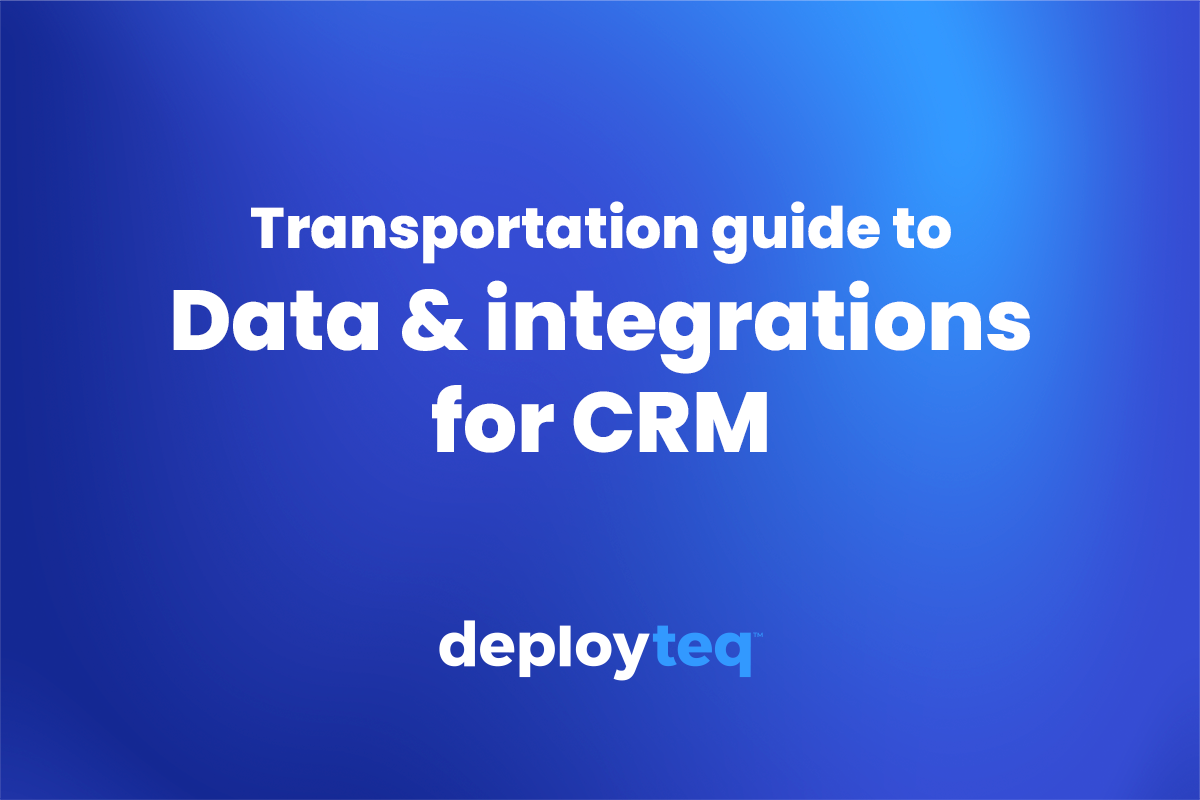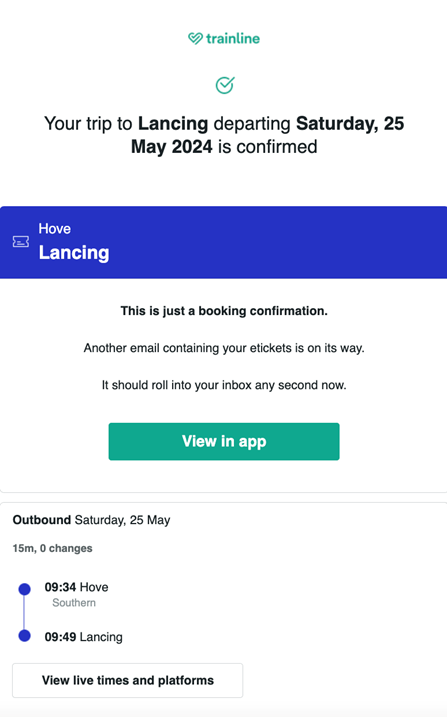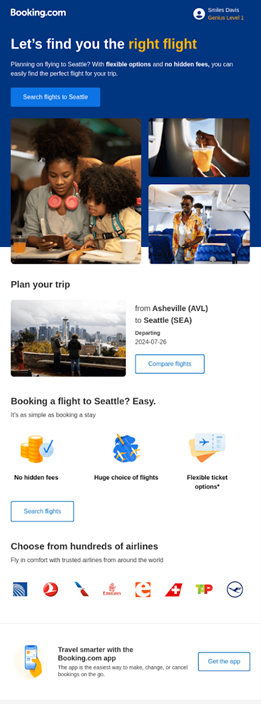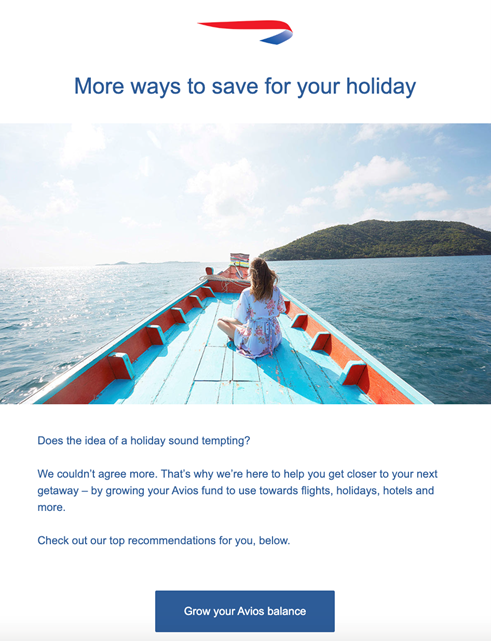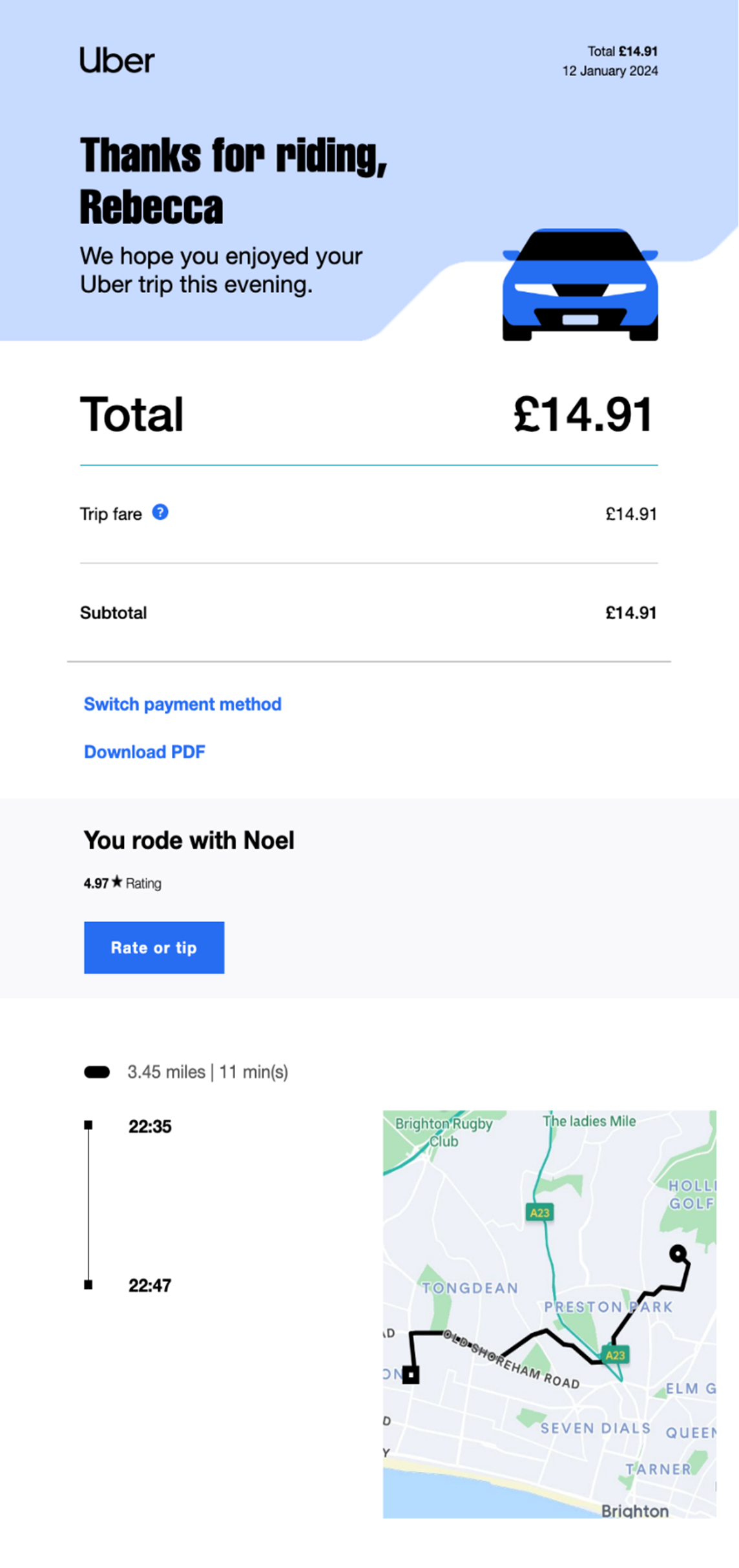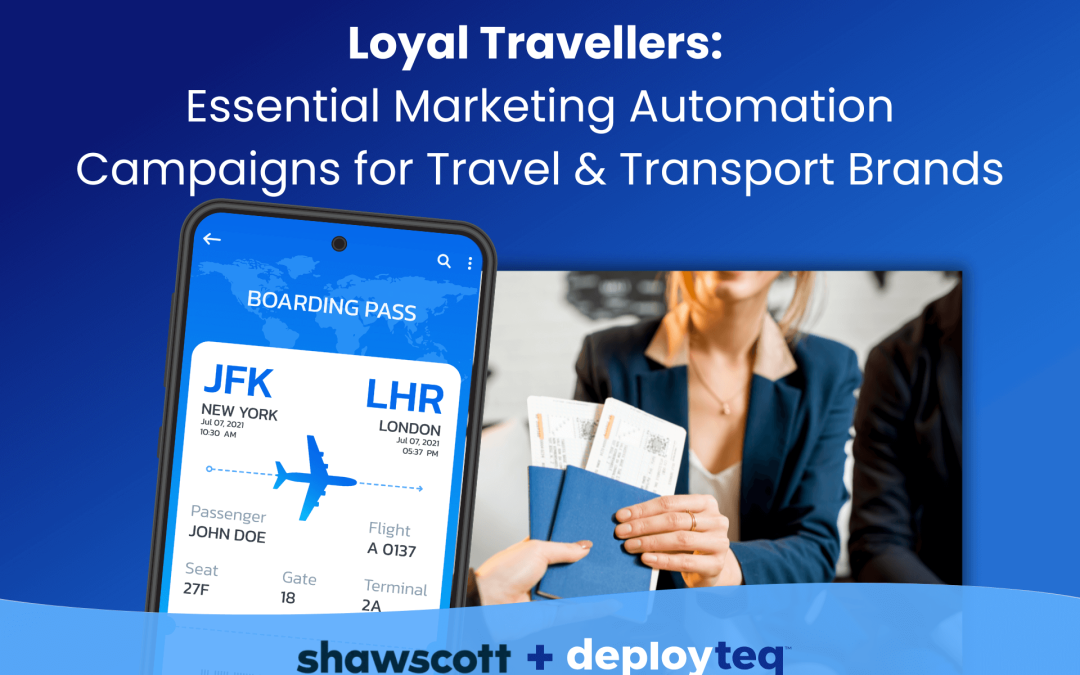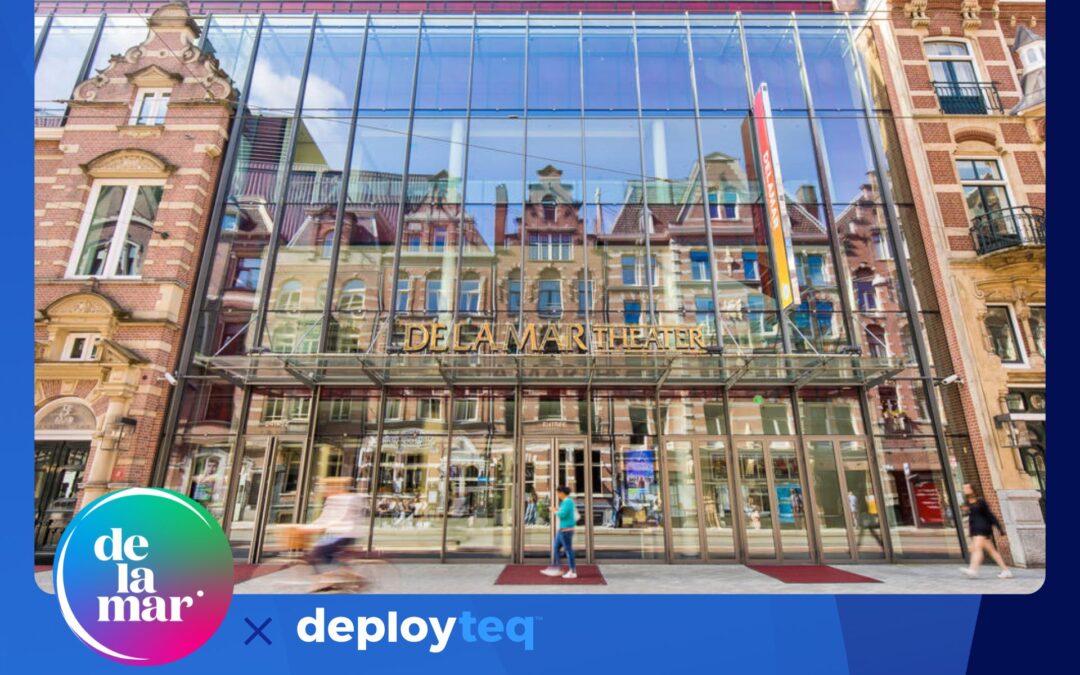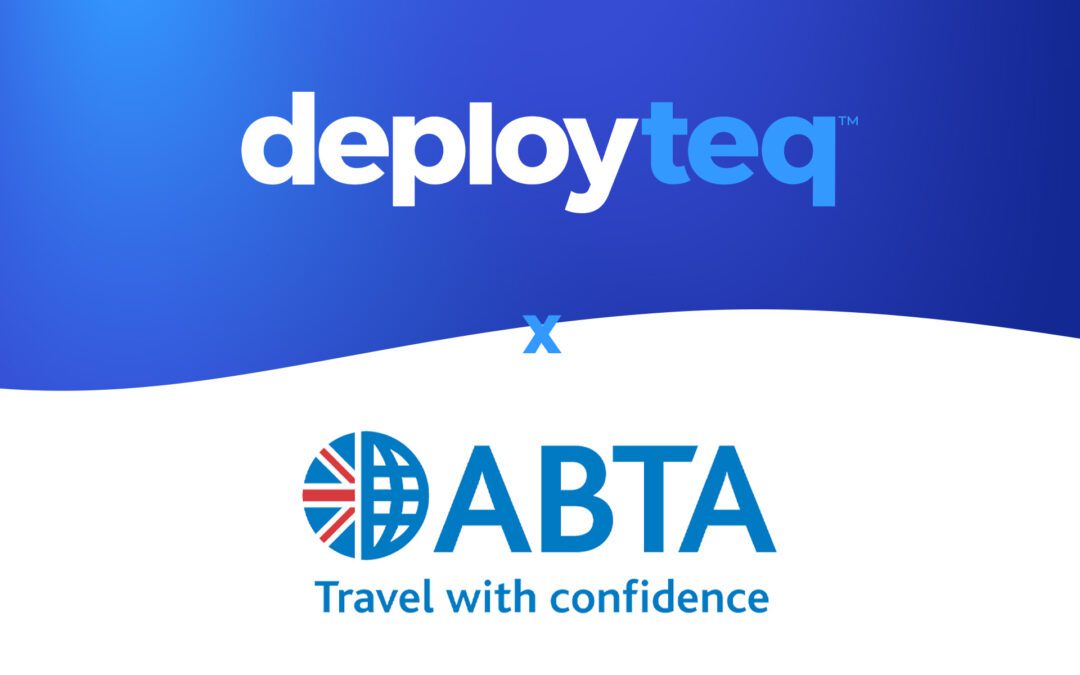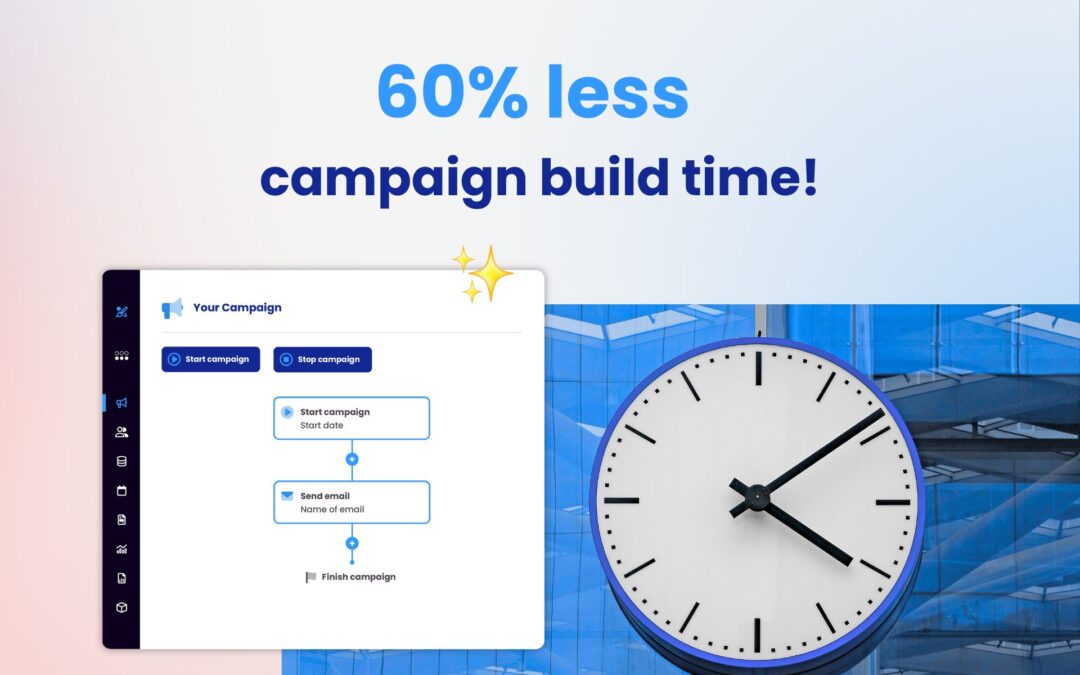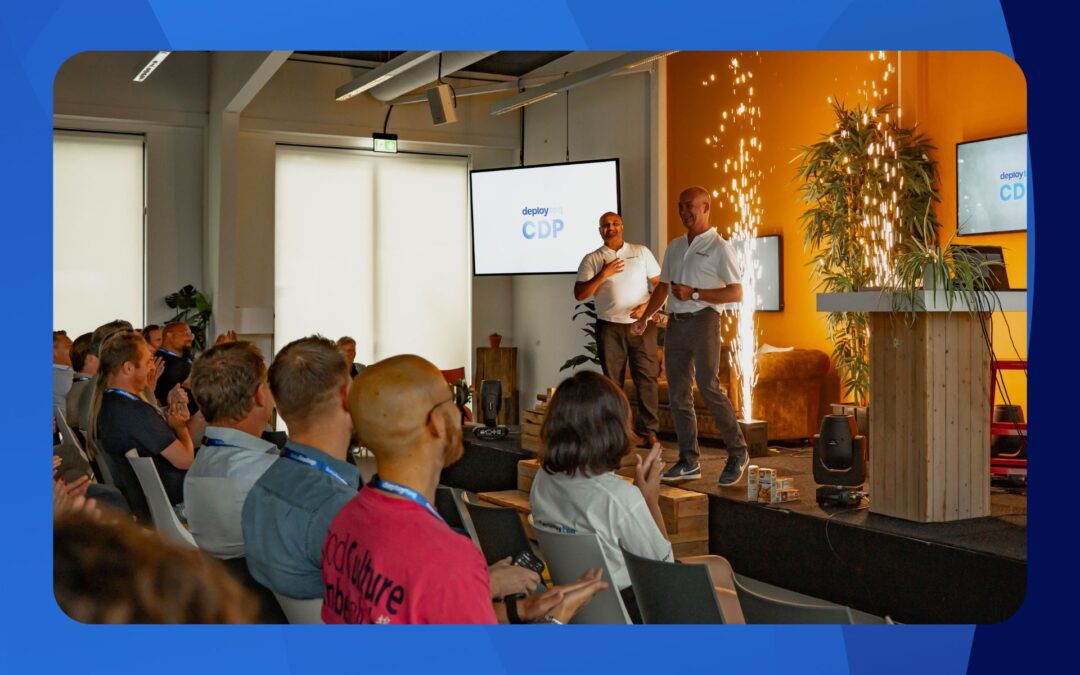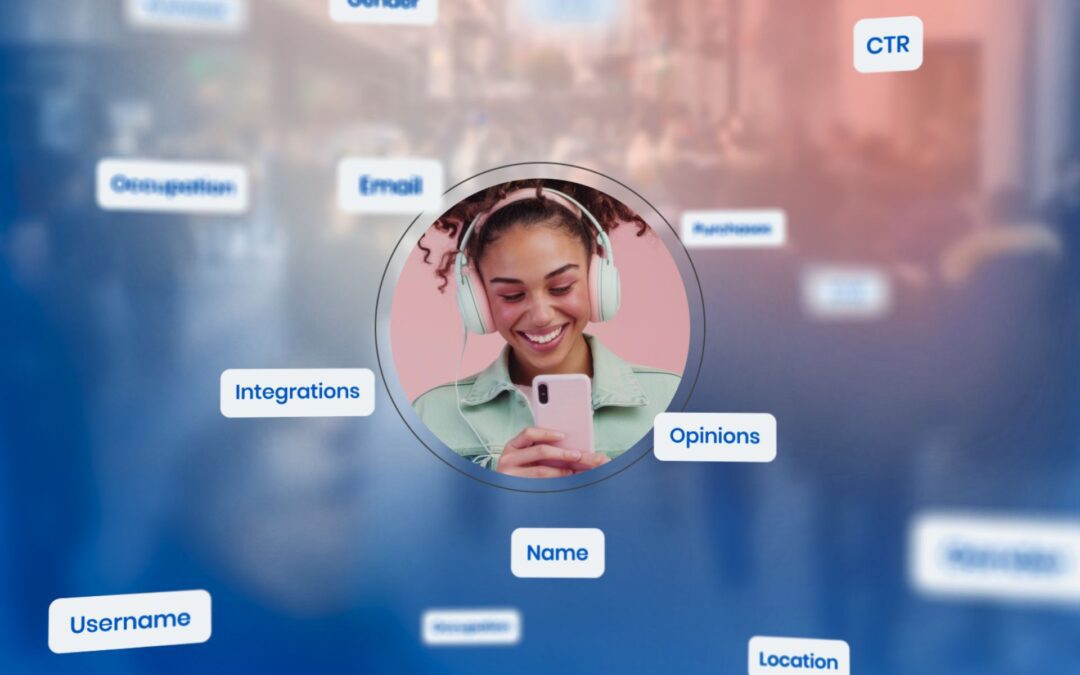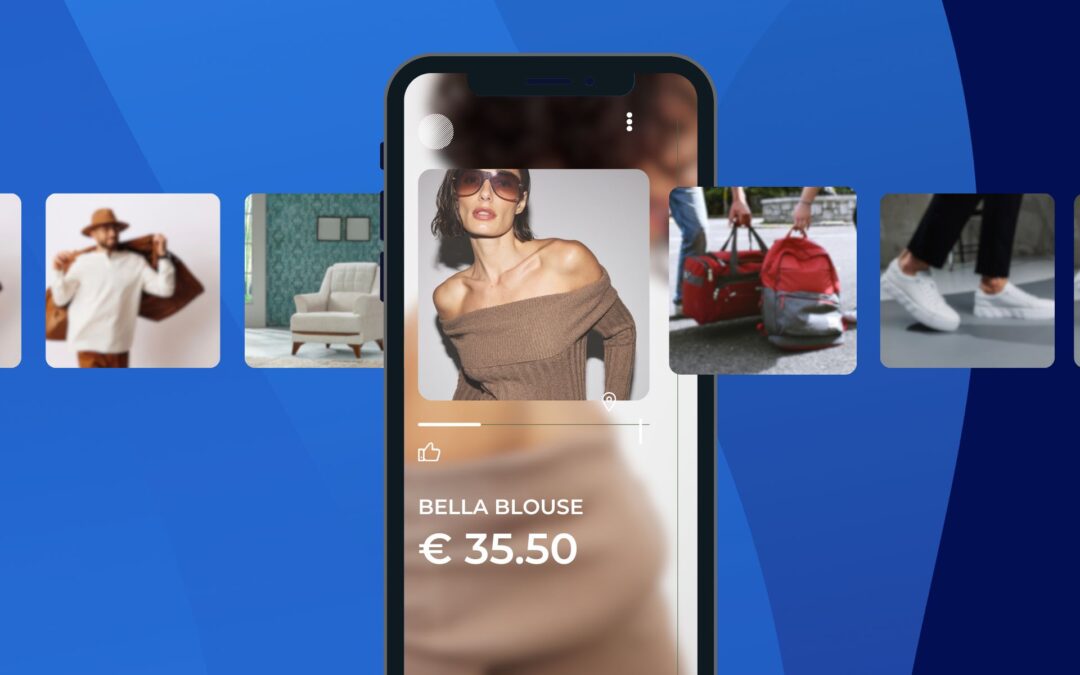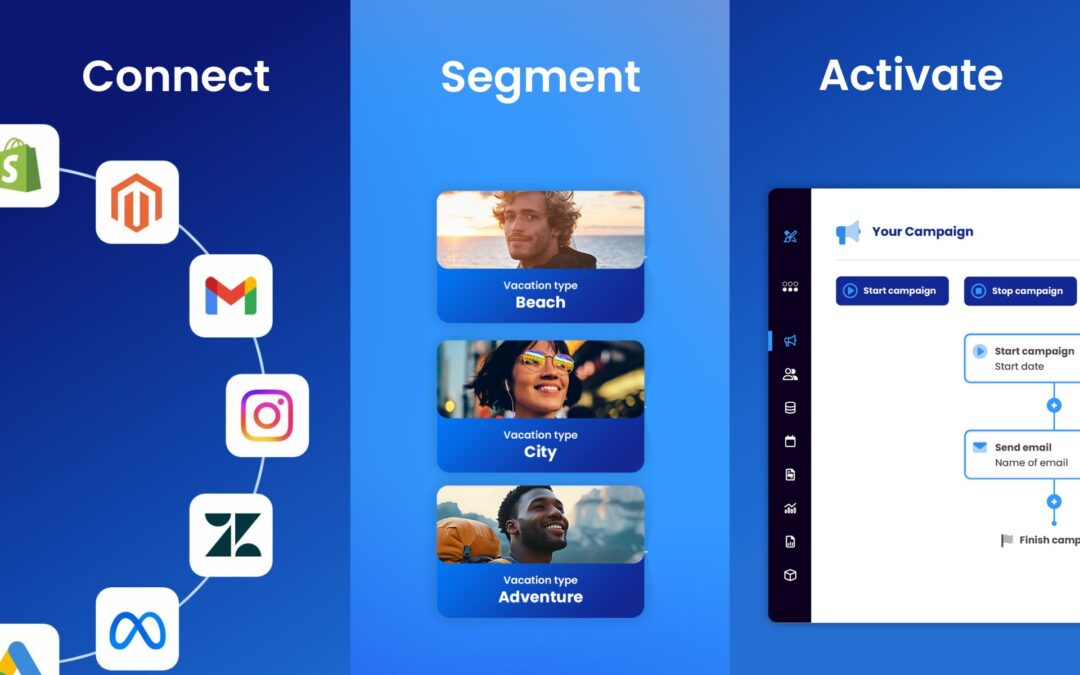Within the travel and transportation industry, data is the secret ingredient to achieving seamless, personalised, and timely communications with travellers.
However, data can be overwhelming.
It sits in different systems, can be tricky to manage, and gaining insights can feel like finding a needle in a haystack.
However, with the right CRM integrations, all of the above can be resolved. Even better, this data can then be utilised to send campaigns that will keep brands ahead of the competition.
In this guide, we provide travel and transportation brands with all the essentials (and more) for understanding CRM data and integrations.
Read on to understand the power of utilising CRM integrations, explore the best integrations for your brand, and gain inspiration from real-life campaign examples.
The benefits of CRM data and integrations for the travel and transportation industry
There’s lots to cover when it comes to CRM integrations, so let’s begin by exploring some of the benefits that this process can bring to travel and transportation brands.
Data-driven decision making
CRM systems can collect a wealth of data on a brand’s audience, such as their demographics, preferences, behaviours, and consumer trends. And with the right integrations, the CRM can further build on this data, for example from booking engines, social media, and finance systems.
This integrated data provides invaluable insights into travel and transportation brand’s audiences, helping them to make informed and strategic decisions on their offering, pricing, services, and marketing.
Operational efficiency
Operational efficiency is a goal of any business. But this is especially true in the travel and transportation industry, which can be easily overwhelmed by a wealth of routine tasks, from internal operations and marketing processes to tracking and management of fleets.
The automation of manual data management through CRM integrations helps to minimise human error, and speeds up processes. Allowing employees to focus on other more strategic and creative areas of their roles.
Additionally, consolidating data from multiple sources into a CRM eliminates information silos, ensuring all relevant departments have access to the most accurate information. Helping to improve collaboration across sales, marketing, and finance teams.
Happier travellers
By utilising solid CRM and data integrations, the travel and transportation industry can deliver positive experiences to their recipients through proactive, personalised communications and services.
Healthy CRM data enables brands in this industry to build detailed audience profiles that can encompass demographics, preferences, and booking and browsing history to ensure that all of their communications are tailored. Whether that is with simple segmentation, through to emulating one-to-one conversations.
And by tracking audience behaviour, brands in this industry can use their CRM combined with marketing automation to respond to actions, triggering timely messages based on specific behaviour, from services or destinations browsed, to post-trip messaging.
Revenue growth
The benefits which we have covered above will all contribute to revenue growth for travel and transportation brands. Data leads to better strategic decisions which focus on ROI (return on investment), streamlined operations cut out unnecessary costs and resource, and happier travellers lead to increased bookings.
In addition, CRM data and integrations can help to execute activity that specifically drives revenue growth. For instance, with the use of data stored in the CRM alongside marketing automation, brands can trigger up-sell and cross-sell campaigns, promoting relevant add-ons, upgrades, and complementary services at the perfect time.
The best CRM data integrations for the travel and transportation industry
The amount of CRM integrations available can be a little overwhelming. So, to keep things simple, here are our top 5 to ensure that travel and transportation brands can gather and utilise customer data as effectively as possible.
Booking system integration
As a first step, travel and transportation brands should integrate their CRM with their booking system, which will allow them to seamlessly capture customer data from bookings directly into the CRM.
This integration will allow for better tracking of customer preferences, booking history, and trends. Furthermore, it is essential for the foundation of data which will enable targeted campaigns and communications through a range of channels.
Website and landing pages
Websites boast a wealth of activity and data for brands in the travel and transportation industry to collect. After all, it’s where the majority of research and booking enquiries will be happening.
With this in mind, integrating websites and landing pages into the CRM is key for brands to be able to track traveller behaviour. This integration allows for information gathered from websites and landing pages to be automatically fed into the CRM, providing a centralised system for information to be managed and actioned.
In turn, this will allow brands to execute personalised and timely campaigns, whether that’s an immediate booking confirmation or trip suggestions based on browsing behaviour.
Furthermore, the information from the CRM can be fed back into the website and landing pages, which can be dynamically populated with personalised trip suggestions, relevant imagery and copy, and promotions specific to the individual.
Mobile app
For many travel and transportation brands, a mobile app is another key channel for booking and browsing behaviour.
Similarly to the website, the mobile app acts as another source of data for these brands to capture customer behaviour, interactions, and bookings. And with an integration, this information can once again be fed directly back into the CRM.
This perfectly complements website data, allowing brands even more insight to execute relevant campaigns. And once again, data can be fed from the CRM into the mobile app to automate personalised notifications, reminders, and suggestions.
Email marketing solution
With a 44% open rate in the travel industry, email marketing remains one of the most effective marketing channels available today.
By integrating an email marketing solution into the CRM, travel and transportation brands can combine CRM data and marketing automation to execute targeted campaigns with little additional manual effort.
And the options for email campaigns are vast. From utilising simple segmentation to send out relevant trip promotions or up-sell suggestions, or being smarter with data and dynamic content to execute highly personalised itineraries.
Mobile messaging solutions
The perfect complement to email marketing communications is mobile messaging via SMS or WhatsApp for Business.
Not only are 98% of SMS messages read within five minutes, but they also provide the perfect channel for short, snappy, and essential information. Such as booking confirmations, reminders, and travel updates.
Integrating these solutions with the CRM allows for these campaigns to be sent to individuals based on real-time activity. And the impressive open rate almost guarantees they will receive important information immediately, offering further reassurance.
5 campaigns for travel and transportation brands using CRM data and integrations
Now, onto the exciting part.
To offer you a little inspiration, here are five of our favourite (and most essential) campaigns that travel and transportation brands can execute using CRM data and integrations.
Travel promotions
Travel promotions are very much the bread and butter of travel and transportation marketing. But instead of taking the ‘spray and pray’ approach that offers little to no personalisation, brands in this industry can utilise their CRM data to tailor their campaigns to groups or specific individuals.
How to:
There are so many options for personalised travel promotions, so let’s start with the simplest
Travel and transportation brands can utilise CRM data on recipients to segment them into similar groups based on a range of options: demographics, preferences, booking and browsing behaviour, to name just a few.
With this information brands can tailor their communications to each segment, ensuring the most relevant destinations, travel options, and advice for each group.
Alternatively, brands can utilise their CRM data alongside dynamic content to emulate a one-to-one experience for recipients. Populating communications with each individual’s data, ensuring their promotions are highly tailored to each and every traveller.
Brands in this industry can also analyse CRM data to identify trends in customer travel preferences, such as popular destinations at specific times of the year. This information offers insights to inform wider marketing strategy, which can be executed with the use of integrations with marketing automation platforms.
Source: ReallyGoodEmails
Tailored travel itineraries
Personalisation isn’t just relevant for promotions, it is also essential to offer tailored travel itineraries pre and post-booking.
Itineraries can come in a range of formats. From flight and transfer timings, to bespoke day-to-day activity suggestions. These itineraries serve a range of purposes, including keeping recipients up to date with the most essential information for their trip, inspiring potential customers to book, or up-selling services post-booking.
How to:
Brands in travel and transportation can utilise CRM data alongside marketing automation to analyse customer browsing and booking behaviour, and automate tailored itinerary suggestions to either encourage a booking or offer more information post-booking.
Pre-booking, these itineraries could look like destination highlights, including relevant transport options and experiences, all based on the dates and locations recently browsed.
Post-booking, these itineraries are even more important. Brands can send out a series of email and SMS updates with important dates and timings to ensure a smooth and stress-free trip.
Abandoned booking recovery
In the travel industry, 81.54% of bookings are abandoned. Which is a significant amount of lost revenue.
Fortunately, combining CRM, data, and marketing automation platforms ensures that brands in this industry can connect with these potentially lost customers, and encourage them to finish their booking.
How to:
With the use of CRM and website integrations, brands in this industry can identify bookings which have been abandoned, and then utilise their integrated marketing automation platform to trigger an email campaign to lost customers.
These campaigns can range from a one-off email, reminding the traveller of their booking and including a clear call to action. Or, brands can send a series of emails, including their abandoned booking, similar trips or travel options, happy customer reviews to offer reassurance, and support details if the customer has any queries.
Source: ReallyGoodEmails
Loyalty programs
Repeat business is integral for any brand, so keeping customers happy, loyal, and booking should be a top priority in the travel and transportation industry.
Loyalty programs are the ideal way to offer your most frequent travellers a little VIP treatment. In the process, showing them you care, building a positive brand rapport, and encouraging ongoing bookings.
How to:
By tracking booking behaviour in the CRM, travel and transportation brands can build segments of customers based on their loyal behaviour.
One example is through RFM modelling, where segments are created based on purchase recency, frequency, and monetary value. Customers that fall into these segments can then be sent campaigns encouraging them to sign up for loyalty programs, or offering them VIP perks such as discounts or free upgrades.
For customers who are already part of the loyalty program, brands can utilise their data alongside dynamic content to send personalised updates on their loyalty rewards. This could include points they have collected, or ways they can spend their points earned.
Post-booking engagement
Navigating a customer to the point of booking shouldn’t be the end goal for brands in the travel and transportation industry. Instead, there should also be a focus on post-booking engagement. Whether that be simple booking confirmations and updates, through to review and ratings requests.
Keeping in touch with customers pre- and post-trip is a great way to offer reassurance, maintain a positive relationship, and increase the likelihood of future bookings.
How to:
With the use of CRM data and integrated marketing automation, travel and transportation brands can use date-based triggers to execute a series of emails aimed at engaging travellers post-booking.
Brands can automate immediate booking confirmations with specific details for each recipient, featuring booking prices, timings, and relevant support information.
Immediately pre-trip, these brands can send a series of trip-specific communications, including destination highlights, add-on services, and even dynamic weather updates.
And post-trip, campaigns can be automated to check in with travellers, ask how their trip was, and encourage a positive review that can be utilised for future marketing promotions.
Next steps
For travel and transportation brands, enhancing their CRM success through the right data and integrations can bring a wealth of benefits.
By focusing on data-driven decision making, operational efficiency, and happier customers, brands can boost their revenue and build stronger, longer-lasting relationships with their customers.
At Deployteq, we offer a marketing automation solution with a range of channels which are perfect for travel and transportation brands to integrate with their CRM. From building solid foundations through their website and mobile app, to communicating through email and mobile messaging campaigns, Deployteq can help.
Get in touch with our team of friendly experts to find out more.
